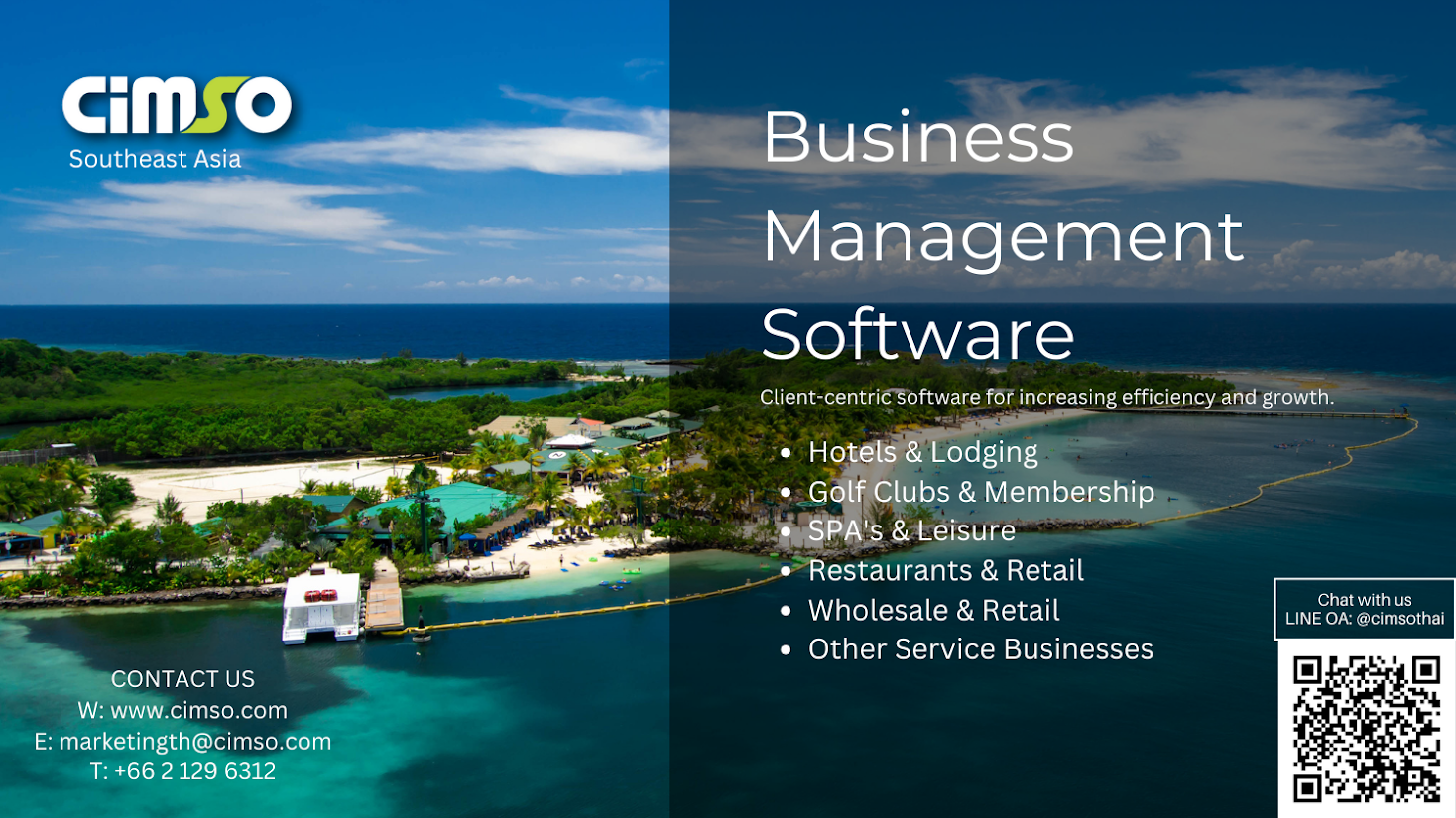Making a profit is the primary goal for new hotel owners. However, with high operational costs and guests’ high standards, maintaining consistent profitability can be challenging. Here are some essential tips and strategies that hotel owners should know to improve and sustain their hotel’s profitability in the long run.
1. Calculating Hotel Profitability
Calculating Gross Operating Profit (GOP) is crucial in evaluating a hotel’s profitability:
- Gross Operating Profit (GOP) = Total Revenue - Total Operating Costs
- Gross Profit Margin = (Gross Operating Profit / Total Revenue) x 100
These calculations provide a clear picture of the business’s profitability. Understanding these numbers allows hotel owners to make confident financial decisions, whether setting room rates, managing expenses, or planning future investments.
2. Sources of Hotel Revenue
Hotel revenue can be divided into three main categories:
- Room Sales Revenue: The primary income generated from renting rooms to guests.
- Food and Beverage Sales Revenue: Includes restaurants, bars, room service, and events.
- Other Sources of Revenue: Such as equipment rentals, internet services, resort fees, and spa services.
Analyzing and monitoring these revenue sources will help hotel owners identify potential growth areas. Developing services and amenities that meet guests’ needs will help increase revenue in the long term.
3. Hotel Expenses
Hotel expenses are divided into fixed and variable costs, which must be managed appropriately:
- Fixed Costs: Such as salaries, property fees, property taxes, and franchise fees.
- Variable Costs: Such as hourly labor wages, utilities, marketing, and food and beverage inventory.
Managing expenses is crucial to increasing the hotel’s profit margin. Reducing unnecessary costs and improving resource efficiency will help the hotel maintain profitability, even during volatile market conditions.
4. Investing in Technology
Investing in the right technology can work wonders for a hotel’s profit margins. Whether it’s expanding the hotel’s reach, automating tasks, or providing easy access to insights into guest preferences and behavior, implementing modern technology can improve operational efficiency, reduce costs, and increase revenue. Here are the systems and tools hotels should consider investing in to elevate their business.
- Revenue Management Software:
- Channel Manager:
- Direct Booking Engine:
- Property Management System (PMS):
- Payment System:
- Customer Data Platform (CDP):
This system allows hotels to collect and analyze guest data from all touchpoints, both online and offline. Systematically stored and processed data enables hotels to create targeted marketing campaigns, personalize guest experiences, and improve services to better meet guest satisfaction. CDP also helps hotels analyze data to make better business decisions, increase guest loyalty, and boost overall revenue.
Investing in these technologies does more than just improve hotel operations; it’s also key to sustainable profit growth and competitiveness in a highly competitive market. Adopting modern technology systems will ensure your hotel is well-prepared to meet current and future challenges effectively.
Investing in technology may seem like a significant expense in the short term, but when considering the long-term benefits, it’s undoubtedly worthwhile. Modern technology not only improves operational efficiency but also increases revenue and reduces costs over time. One system that hotel operators should consider is CiMSO INNkeeper Hospitality ERP. This single software solution streamlines operations across all hotel departments, making them more efficient compared to fragmented software. Unlike fragmented systems, which often come with higher maintenance costs, CiMSO INNkeeper reduces long-term expenses and adds flexibility to hotel operations. This is a valuable investment in every aspect for hotel owners.
Contact us
CiMSO supports customers in transitioning from fragmented legacy software systems to integrated ERP solutions. CiMSO also provides support and support for Successful implementation of the new system, where we have service standards under the ISO90003 quality management system and PRINCE II project management principles.
If you need a consulting system and ERP system for a hospitality & service business. (Golf software, hotel & Resort management software, Club management software, Event management software, restaurants, food and beverage and central kitchen management software, spa management software, wholesale retail management, Franchise management and other service businesses) You can contact CiMSO ERP Software for a short demonstration (free online) at 02-1296312 or Marketingth@cimso.com








